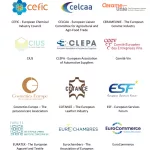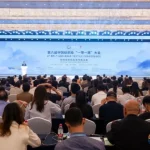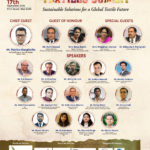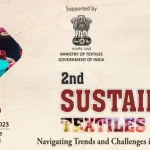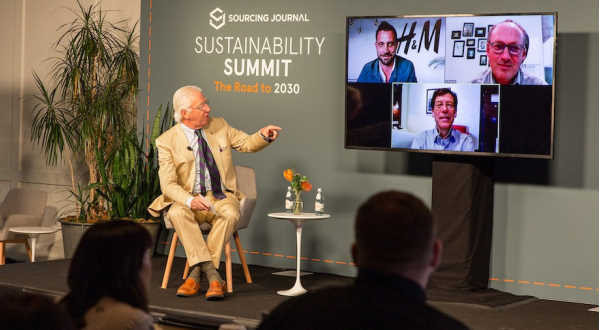
Dutch apparel and textile association MODINT’s chief economist and advisor to the International Apparel Federation (IAF) Rens Tap participated in the Road to 2030 Summit hosted by Sourcing Journal in NYC, June 1. A panel on Buyer/Supplier Transition was moderated by US consultant John Thorbeck of Chainge Capital. Panelists joining Mr. Tap were David Sävman, head of global supply chain of H&M, and Matthias Knappe, Programme Manager and Head Fibres, Textiles and Clothing Sector for the International Trade Centre (Geneva).
The panel proceedings and content united a large global retailer, an association of small and medium sized brands, a multilateral organisation and a global federation representing manufacturers. Each contributed to a consensus about the way the fashion industry can and needs to transition in line with the UN’s Sustainable Development Goals of 2030. By reducing sales risks, fashion partners in the value chain can free up capital in the supply chain to spend on initiatives for sustainability. This requires a new level collaboration and equity between buyers and their suppliers to share data, share risks and indeed also share rewards.
The panelists consider sharing data as a matter of culture and trust more than technology, and replaces a system that is over-reliant on product costs alone. It is opportunity based on process innovation to reduce long lead times, and applications of data science to reduce inventory risks in the world’s most globalized supply chain.
Our current fashion system is built around low cost components and countries. Cost is relevant of course, but panelists agreed that the industry partners in all tiers of the supply chain need to use metrics that are more aligned and comprehensive than costs alone. The difference is a model less transactional or seasonal and more relational, emphasizing longer term metrics for productivity, responsiveness and responsibility.
“Upstream value is emerging as a force for industry change, but it remains a contrarian view—an inversion of the retailer-first narrative,” Mr. Thorbeck said. “Most retailers are buyers of goods, and they focus on ex-factory price and quality. Merchants tend to have limited knowledge of manufacturing and the potential for supply flexibility, and therefore do not understand upstream levers that determine downstream results. Supplier innovation is underestimated, just as it once was in autos and electronics.”
To accomplish this shift in a commonly adversarial buyer/supplier relationship, the voice of producing countries must also be heard to contribute both innovation and profit. New collaboration for innovation is represented by the 11 nation participants in the Sustainable Terms of Trade Initiative (STTI). 14 associations from these nations, members of IAF and the STAR Network, jointly represent 75% of world apparel production.
The ITC is supporting research to develop and prove systems and metrics of ‘shared risk’ rather than cost alone, led by John Thorbeck. IAF and MODINT are co-sponsors and participants to accelerate industry performance to achieve the UN standards for sustainability.
